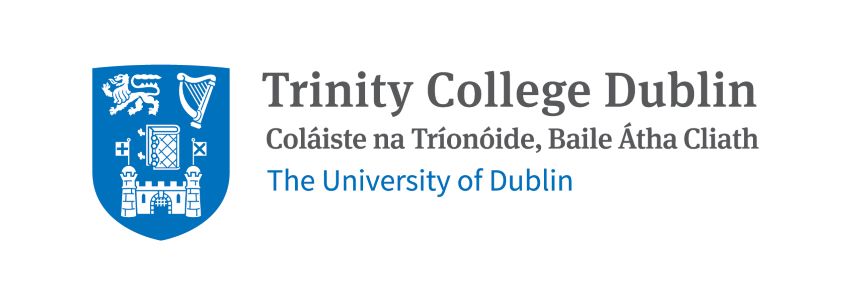About ChickenStress
Introduction to the ChickenStress Training Network
Public opinion across Europe demands that laying hens are kept in the highest possible welfare conditions. In Europe this led to a ban on battery cages that became effective from 2012. Although conceived with the best of intentions and a bold step to improve welfare, unexpected problems have arisen with alternative production systems: in large barn and free-range egg production systems, more birds suffer from keel bone fractures, there is a resurgence of pathogens associated with venturing outdoors, and there is an increase in feather pecking and cannibalism.
Hens without fractures lay more, produce bigger eggs, and consume less food and water. An outbreak of feather pecking can result in a 5% increase in mortality rates, which could result in millions of hens dying prematurely due to feather pecking in the EU annually. It is clear, therefore, that improved welfare can lead to improved productivity.
Chronic stress is at the core of many of the challenges outlined. It is therefore crucial to understand how hens respond to stress, and to devise strategies to reduce chronic stress in laying hens. However, chronic stress is not easy to detect and quantify, because it is essentially an internal response. We should be able to measure such an internal response in the animals’ brains.
The ChickenStress consortium aims to understand how the stress response is regulated in the avian brain and to minimise chronic stress by investigating the three main contributors to variation in the stress response:
- genetic variability
- early-life environment
- current environment
Fourteen Early Stage Researchers (ESRs) are being trained to become future leaders in the scientific study of poultry stress responsivity and in the industrial implementation of conditions that maximise welfare and productivity. Our network uniquely brings together world experts in avian neuroscience with poultry scientists focused on behaviour and stress biology, and with two of the largest companies supplying the poultry industry with birds and with housing systems. The network provides a distinctive training environment preparing the ESRs for careers in this industry and the momentous challenges it faces in a changing global landscape. This project will keep Europe at the cutting edge of this economically very important field and improve the welfare of billions of animals.


.jpg)
.jpg)
.jpg)
